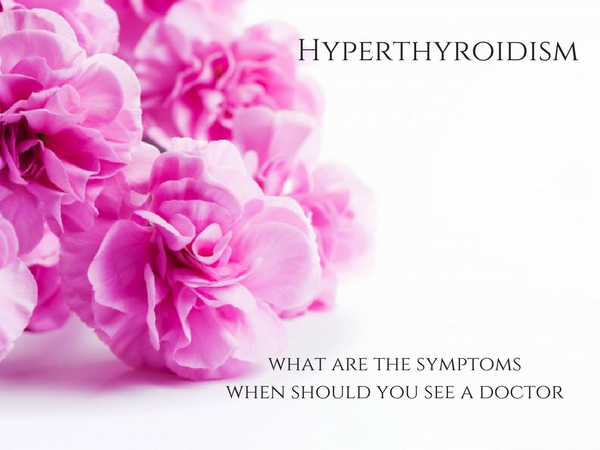Wondering about hyperthyroidism? Hyperthyroidism is one of the more common thyroid conditions you can experience. With hyperthyroidism, your thyroid gland is producing too much of the thyroxine hormone, which leads to an overactive thyroid. This can cause a wide range of symptoms and side effects. Here are some things to know about having hyperthyroidism.
How You Know You Have Hyperthyroidism
People are often confused by the type of thyroid condition, but one good way to tell you have an overactive thyroid and not an underactive thyroid is by looking at your symptoms. For the most part, they are the opposite of the symptoms of when you have hypothyroidism. When you have hyperthyroidism, for example, a common symptom is having sudden and extreme weight loss, while weight gain is more common with hypothyroidism. Some other signs and symptoms to be aware of are:
- Anxiety and irritability
- Rapid heartbeat or irregular heartbeat
- Increased appetite, but weight loss
- Sensitivity to heat
- Menstrual problems
- Sweating
- Tremors
- Nervousness
- Insomnia
- Thinning of hair
- Fatigue
- Muscle weakness
- Bowel pattern changes
Kelp, Nettles & Alfalfa Endo Relief
Endo Relief Heartsong
Heartsong Ambition
Ambition
The Potential Causes of Hyperthyroidism
Hyperthyroidism can be something you are genetically predisposed to, but it is more commonly caused by a few different medical conditions or your lifestyle choices. For example, Graves’ disease is an autoimmune disorder that can cause the thyroid gland to produce too many hormones, which leads to hyperthyroidism. If you have Plummer’s Disease, this can also lead to hyperthyroidism. You may also develop this condition from thyroiditis, where the thyroid gland is inflamed and can then produce a high amount of the thyroid hormone.
When to See a Doctor About Hyperthyroidism
If you suspect that you have hyperthyroidism based on these symptoms, you should see a doctor as soon as possible. They will need to run some tests of your blood to determine if this is the thyroid condition you have, then will provide you with some treatment options. Generally, medications are given to balance out the thyroid hormones, but surgery usually is not required. The doctor might also recommend some lifestyle changes. You might also be interested in this article about what to do when your doctor says there is nothing wrong with you but you still have symptoms.
It is important that you not delay and see a doctor as soon as you notice the pattern of symptoms that might indicate a thyroid problem. The longer you wait, the worse all of your side effects are going to get. These symptoms can affect nearly every part of your life, so it is never too early to get tests done.










